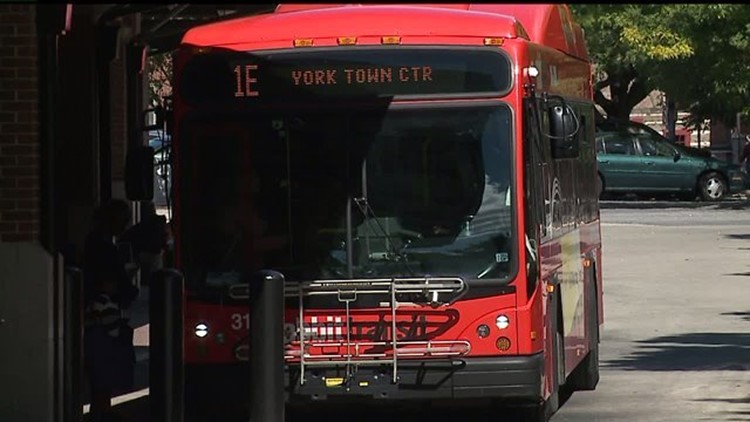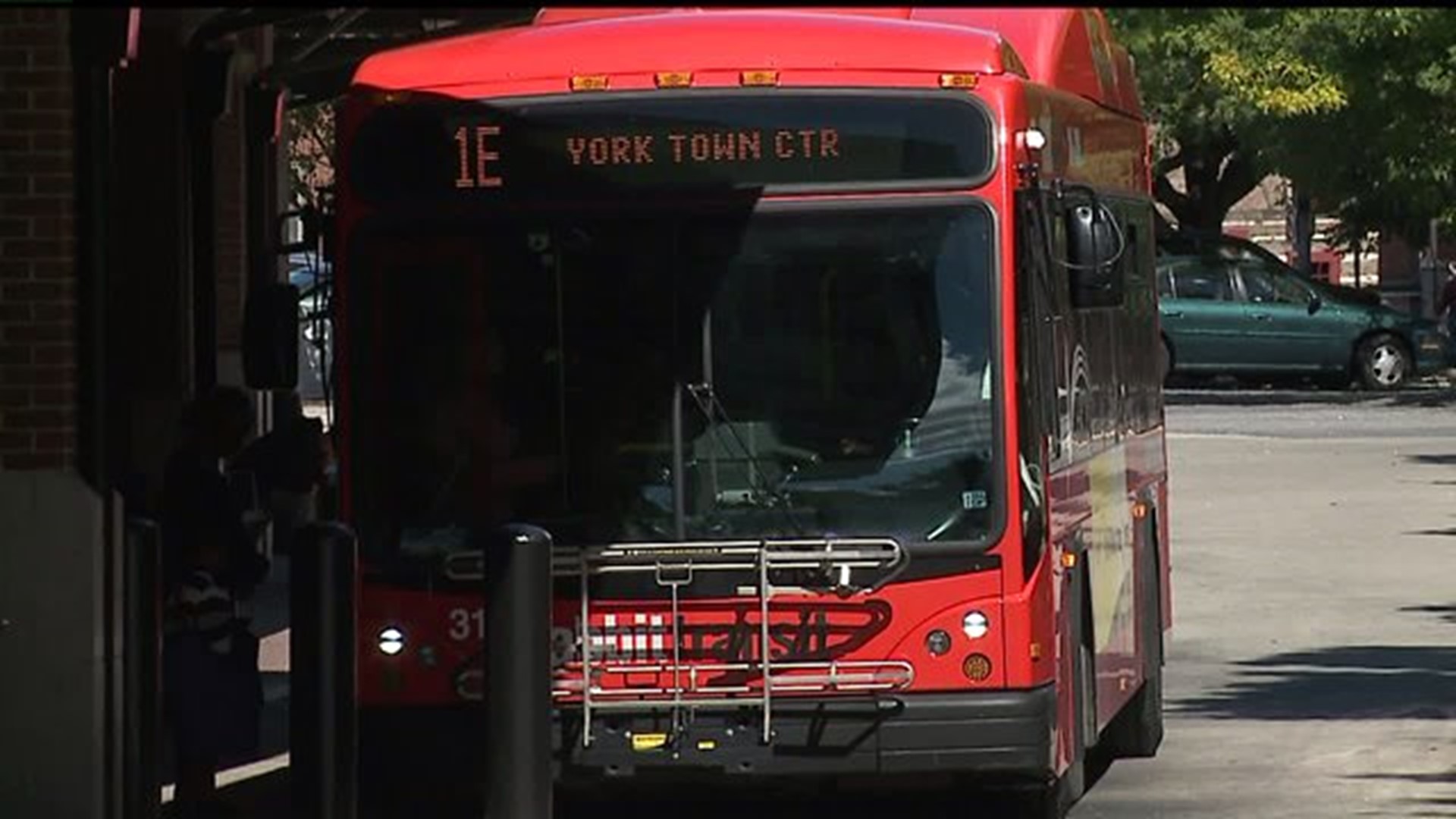Seven thousand people ride Rabbit Transit a day. “It’s kind of a life line, it’s quite important for me to ride the bus,” said Logan Harman.
So when agency officials learned of bed bugs on three of their buses one month ago, they knew they had a problem.
"I'd like to reassure the population that we've taken this extremely seriously. This is not something that we're brushing under the carpet. If we were, we wouldn't be talking to you today. It's very important we get the word out. They're everywhere. To try to avoid them is probably not the solution," said Richard H. Farr, Executive Director for Rabbit Transit.
And it wasn't riders who reported it -- but drivers that complained of bites.
"Bed bugs don't fly other don't jump, they just crawl. So they get moved around to places where humans are who they use as a host by getting into bags, purses or anything that's going to get transported around," said expert Tim Abbey with Penn State Cooperative Extension.
"We want to make sure that we are clean. We want to make sure there are no insects on board," added Farr.
So Rabbit Transit contacted experts and got to work. Chemicals, glue traps, dry ice and heating all of their buses at 120 degrees for several hours a day -- just some of the methods they're using in order to combat the problem.
So far, the agency has treated close to 75 percent of their 87-vehicle fleet, including non-revenue buses like driver relief vans. They say it will take another week to finish the job. They also say this problem hasn't affected bus service throughout York County.




